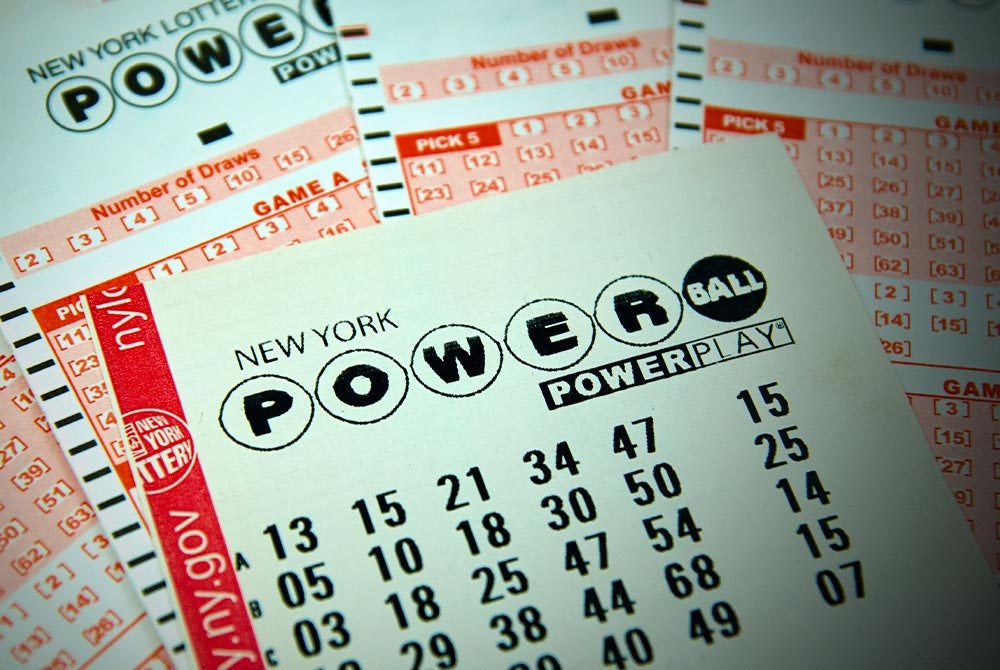
A lottery is a gambling game in which tickets are sold and prizes, such as money or goods, are awarded to winners chosen by random drawing. Prizes can be small items or large sums of money. People may play the lottery for recreational or charitable reasons. Lottery winners are usually taxed on their winnings.
The term lottery is also used to refer to any event or activity whose outcome depends on chance. For example, some people consider marriage a lottery, since it is entirely up to chance who will get the lucky partner.
In the United States, state governments organize public lotteries to raise money for various projects. These projects include the construction of schools and roads, the purchase of police cars and firetrucks, and the awarding of scholarships. The history of lotteries is long and varied, dating back to ancient times. The Old Testament has many examples of how land was distributed by lottery, and Roman emperors gave away property and slaves through the lottery. Lotteries also were popular dinner entertainments, with hosts distributing pieces of wood with symbols on them to guests and then choosing those who would receive the best prizes, such as drinks, dinner, or even a slave.
Lotteries are regulated by government agencies to ensure fairness and legality. Some state governments delegate the responsibility for running a lottery to an independent organization, while others oversee the process and regulate the prizes. In the latter case, the commission may set the number of available prizes and the minimum prize amounts for each draw. It can also set the maximum amount that a player can win. A state lottery can be operated as a state-wide or regional system.
Historically, lottery games were a popular way for the poor to gain property or money. The practice was well established by the 1700s in England, France, and other European countries. In 1776, the Continental Congress voted to establish a lottery to raise money for the American Revolution. Public lotteries also were held to fund other public projects, including the building of Boston’s Faneuil Hall and supplying batteries of guns for the defense of Philadelphia. Private lotteries were common in the United States, where they raised funds for the construction of Harvard, Dartmouth, Yale, and King’s College (now Columbia).
Modern lottery games are similar to those played in ancient times. The prize for each ticket varies from one state to another. In some cases, the prizes are paid for by advertising revenue. In other cases, the prizes are purchased from private companies that operate the lotteries on behalf of the state. Regardless of the type of lottery, the most important message that is conveyed to players is that they must realize that the odds of winning are extremely low. For some, this is enough to keep them playing. For others, it’s an excuse to spend money they can’t afford, often on things like expensive cars or vacations. It’s important for state officials to understand how the messages of these games are affecting society.